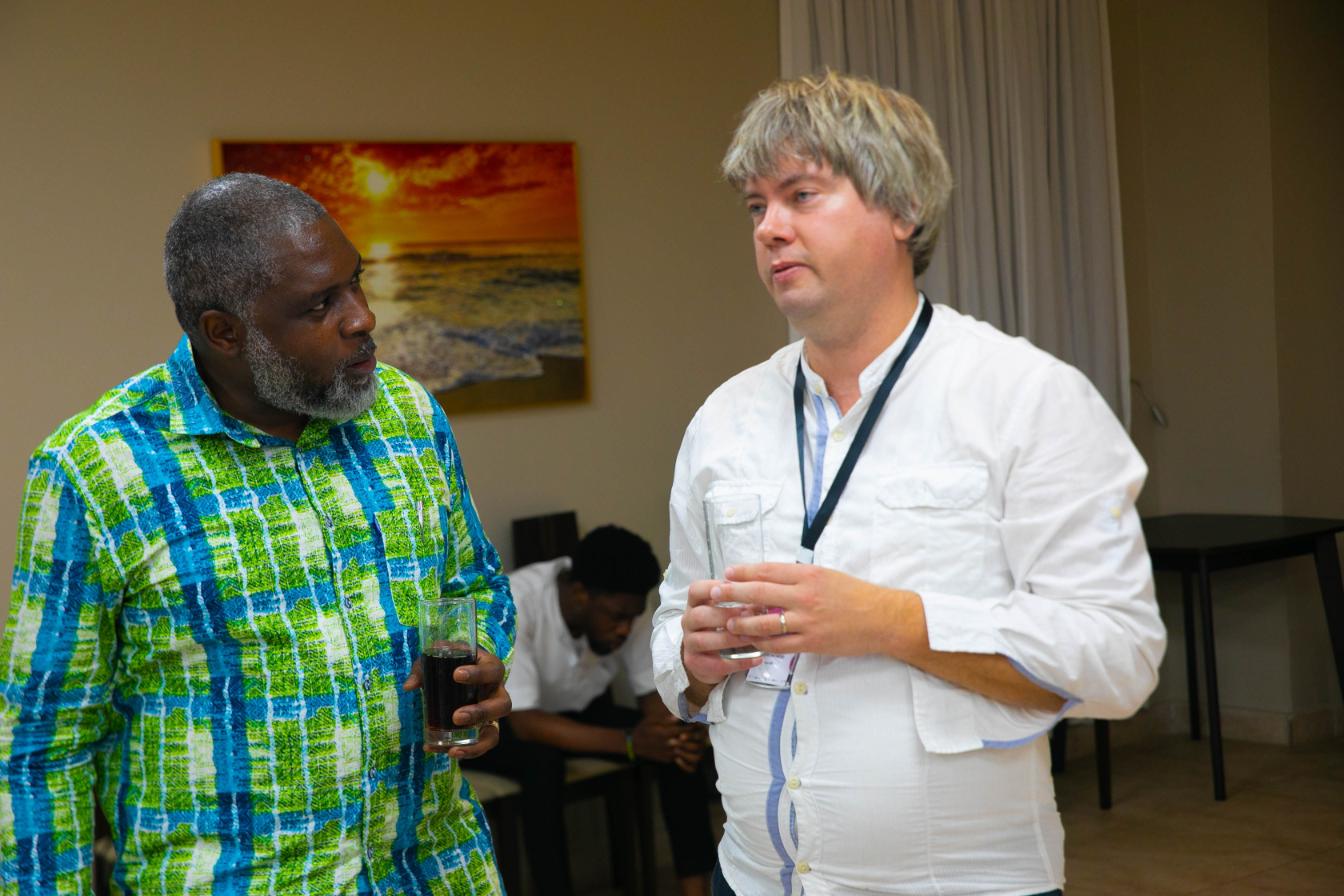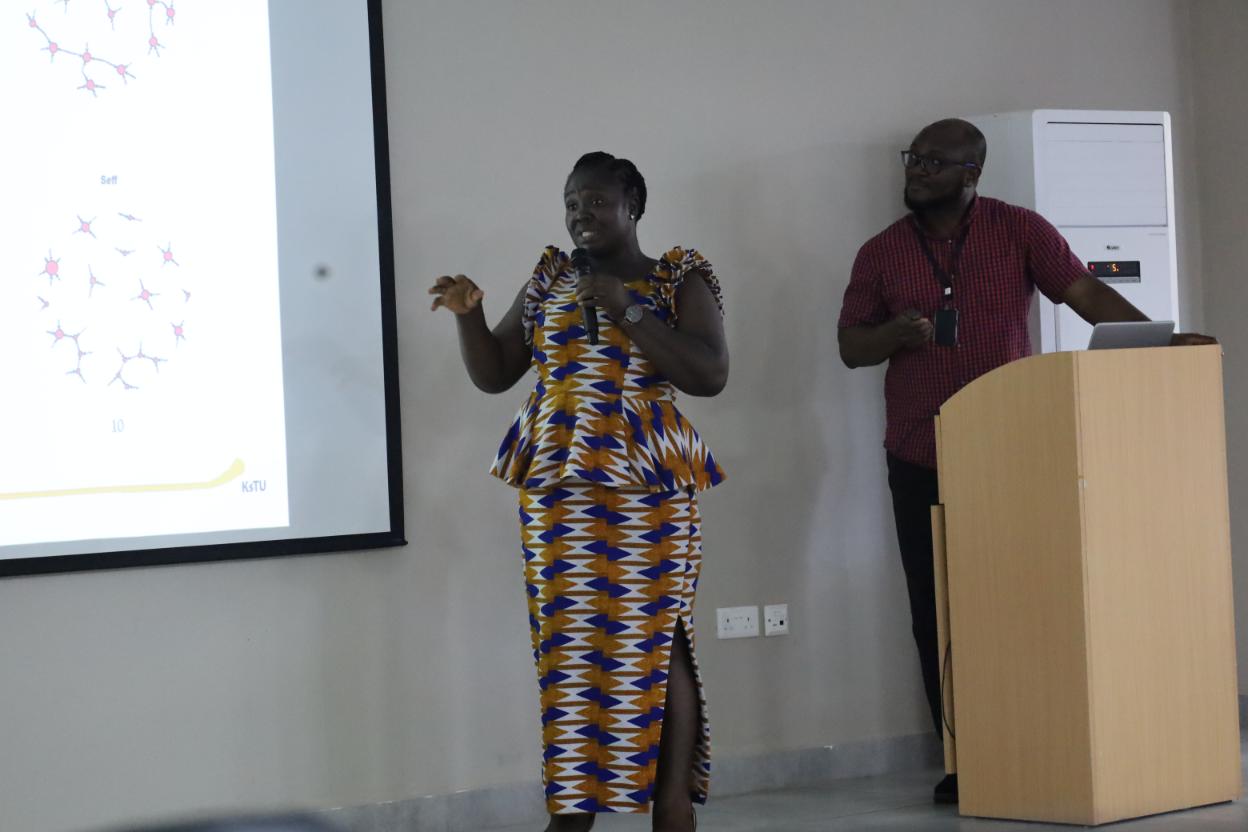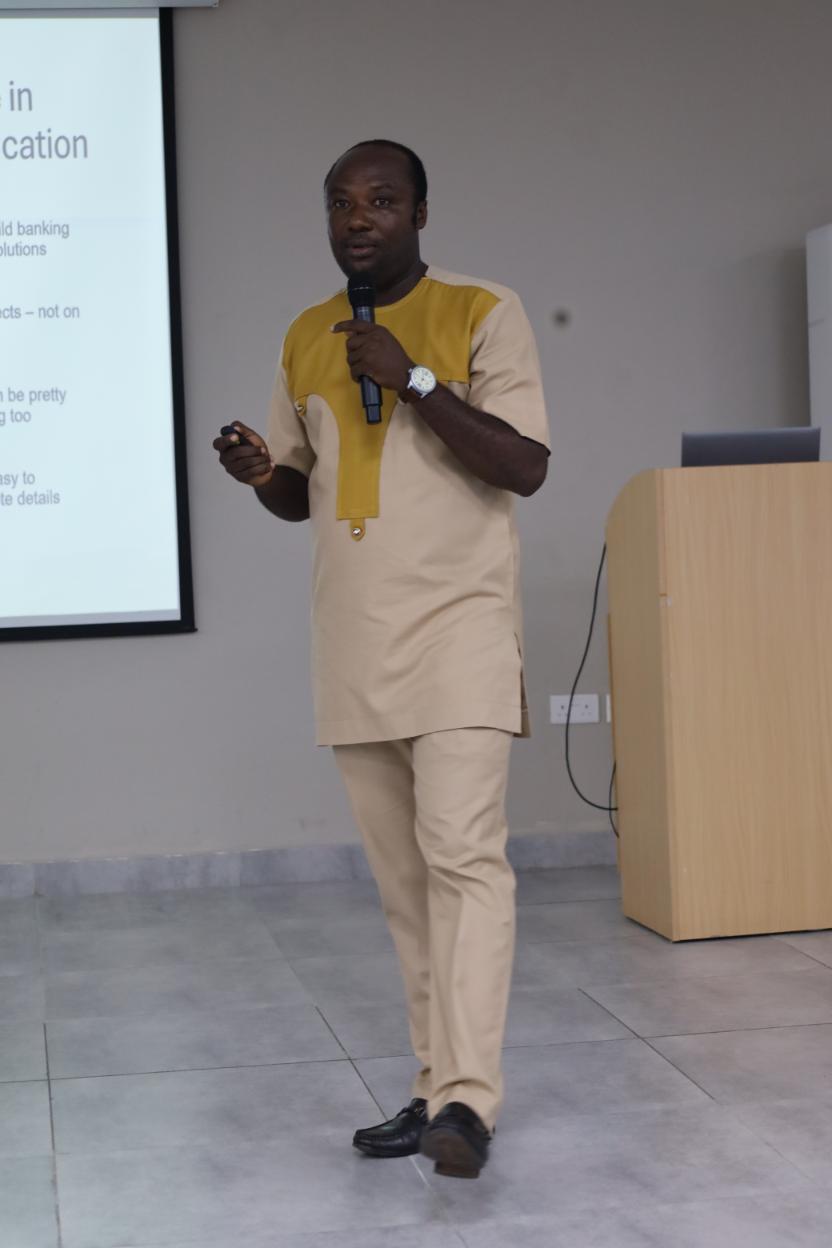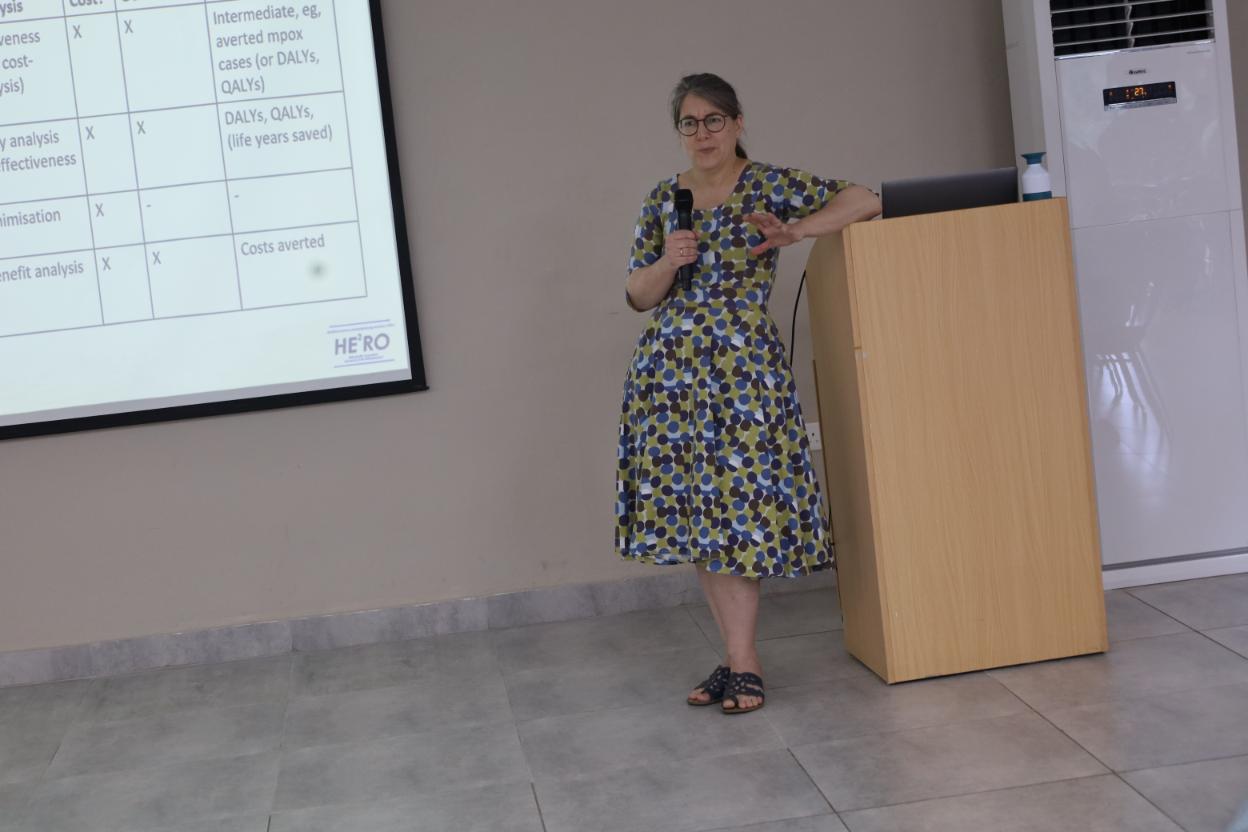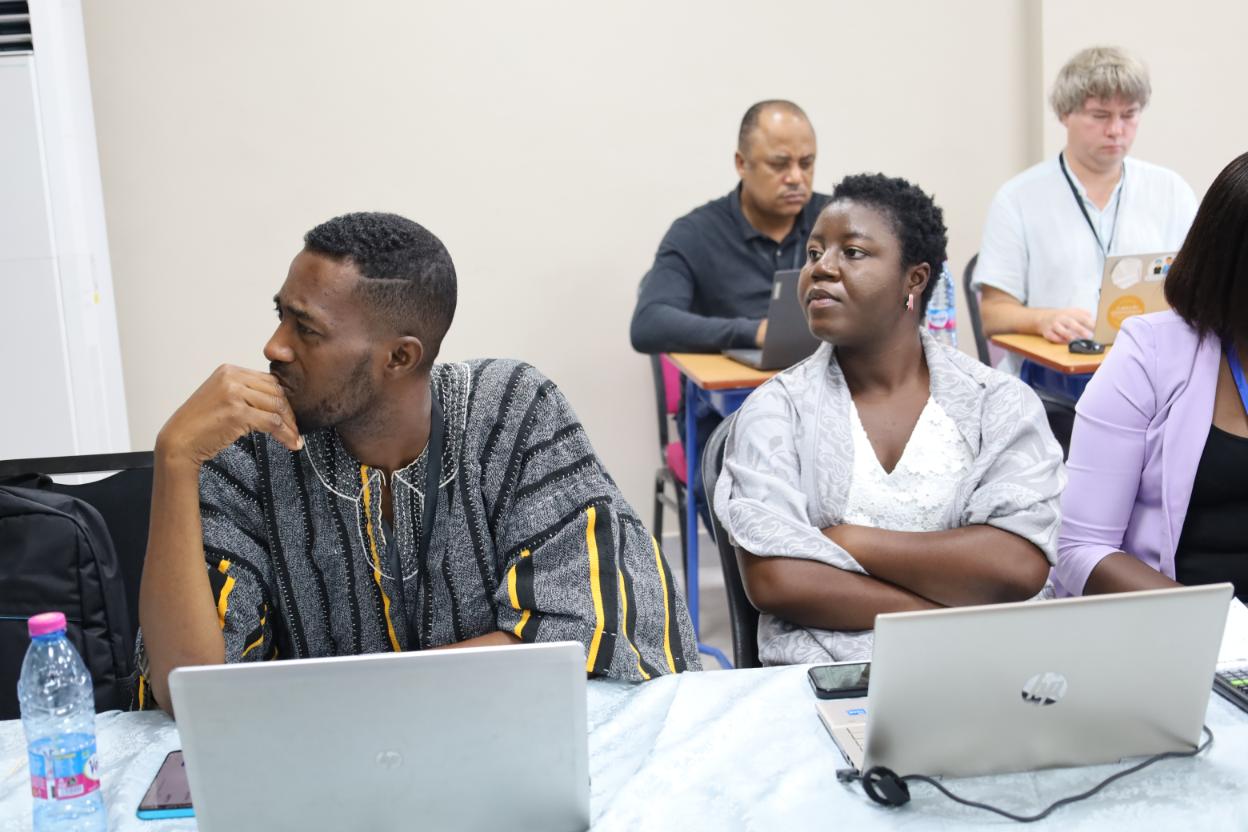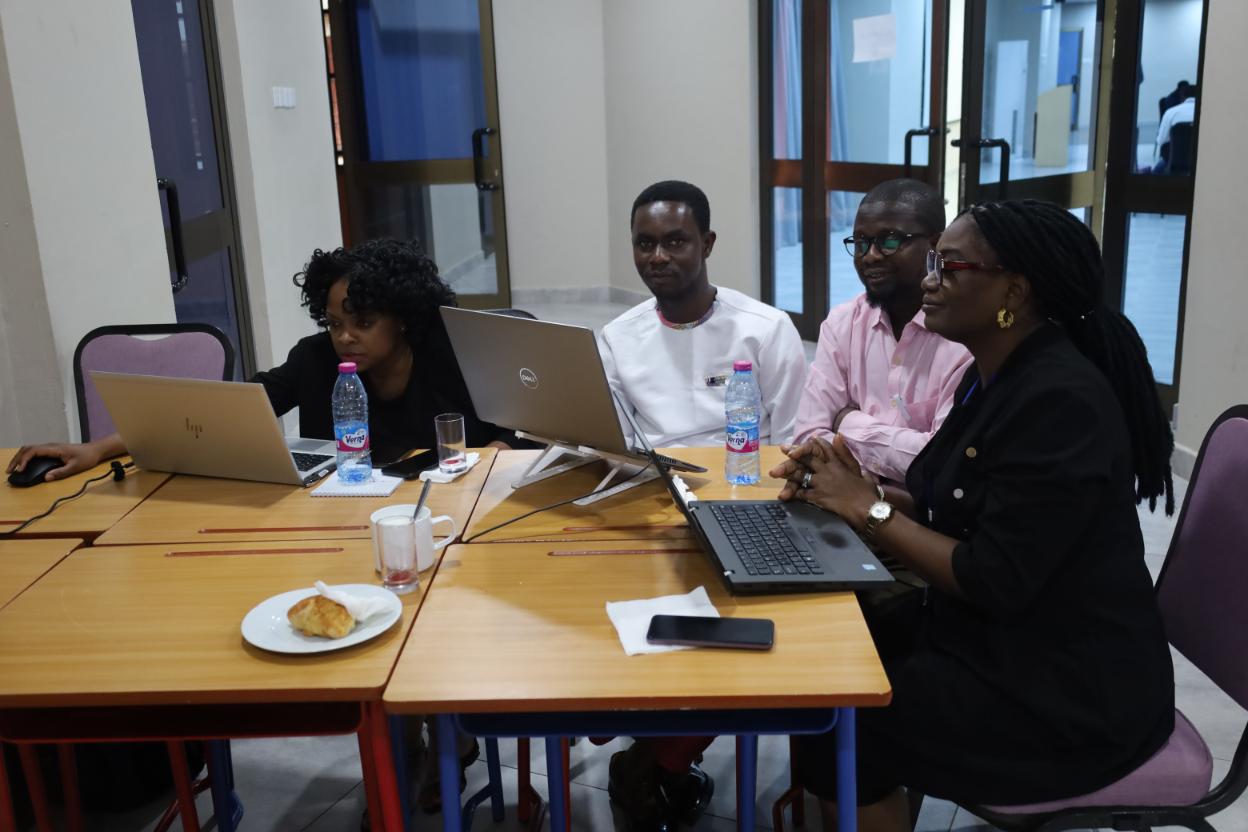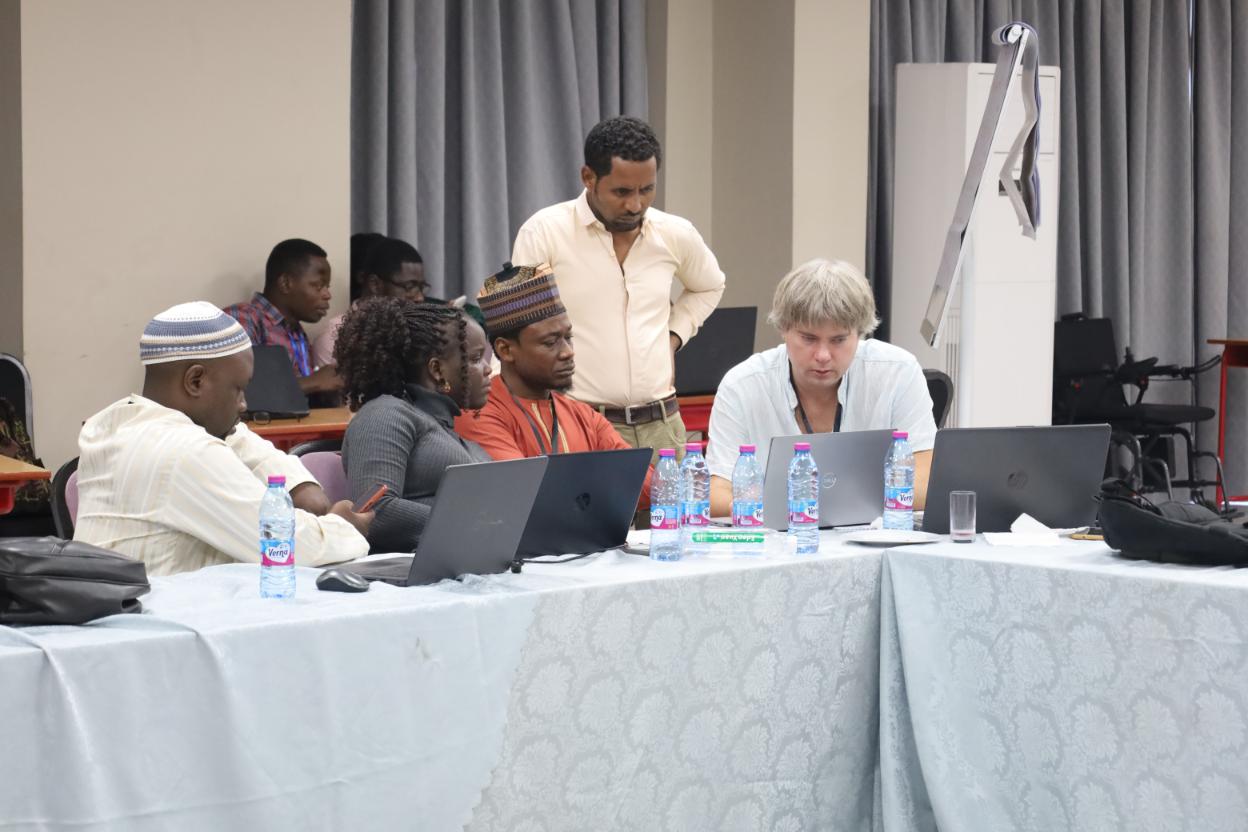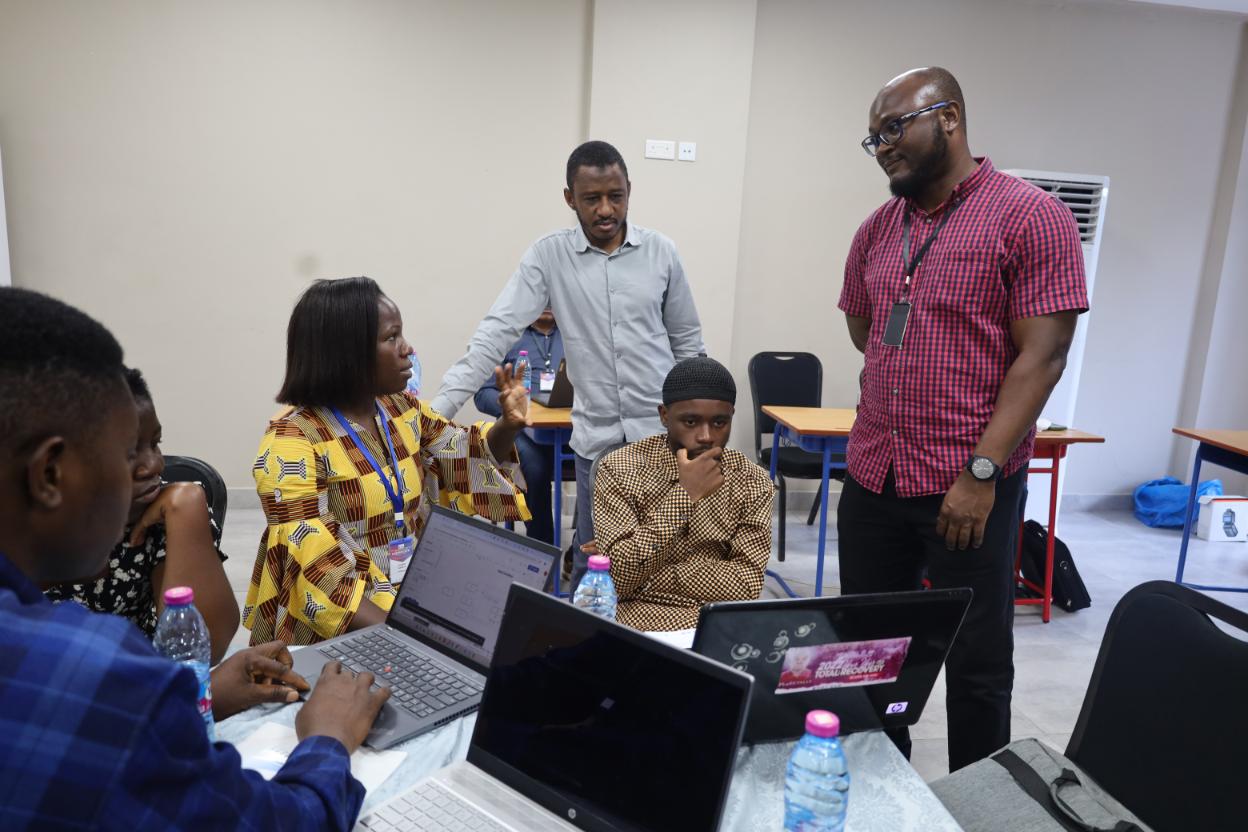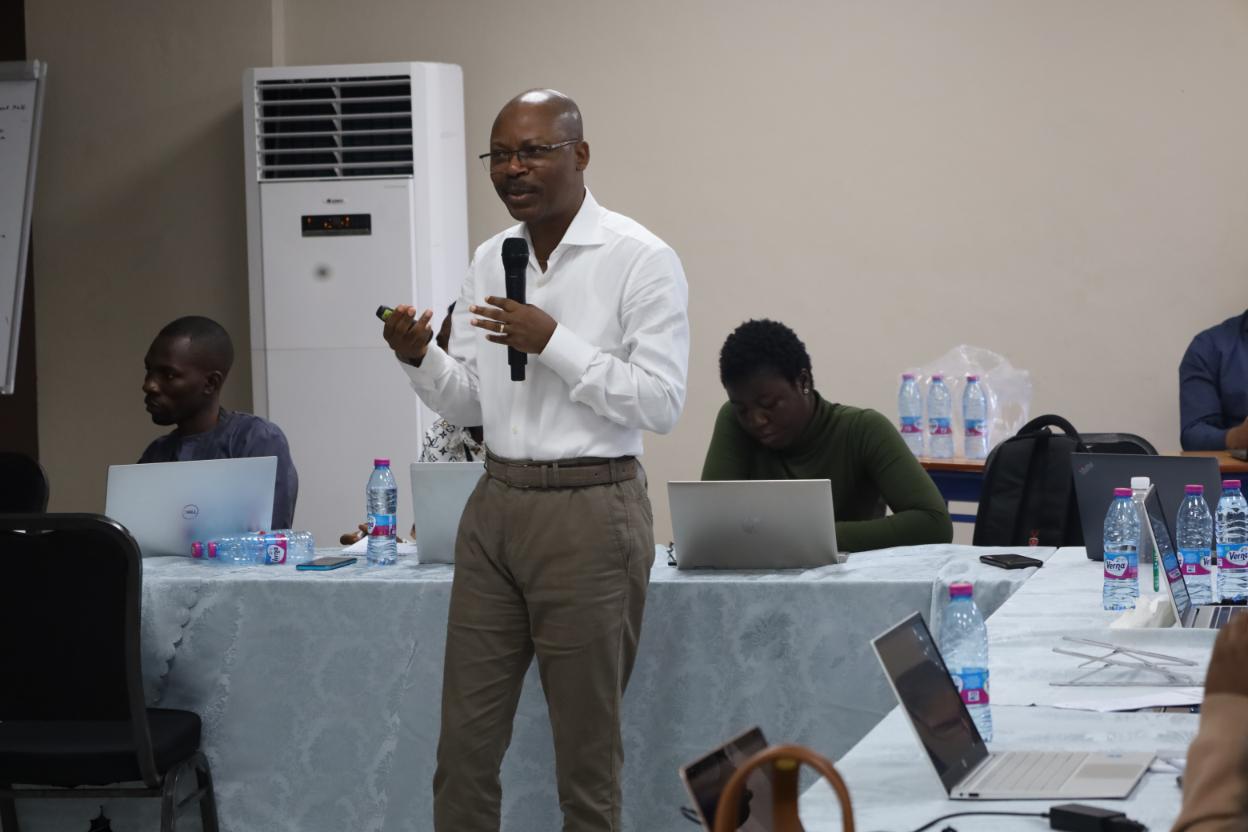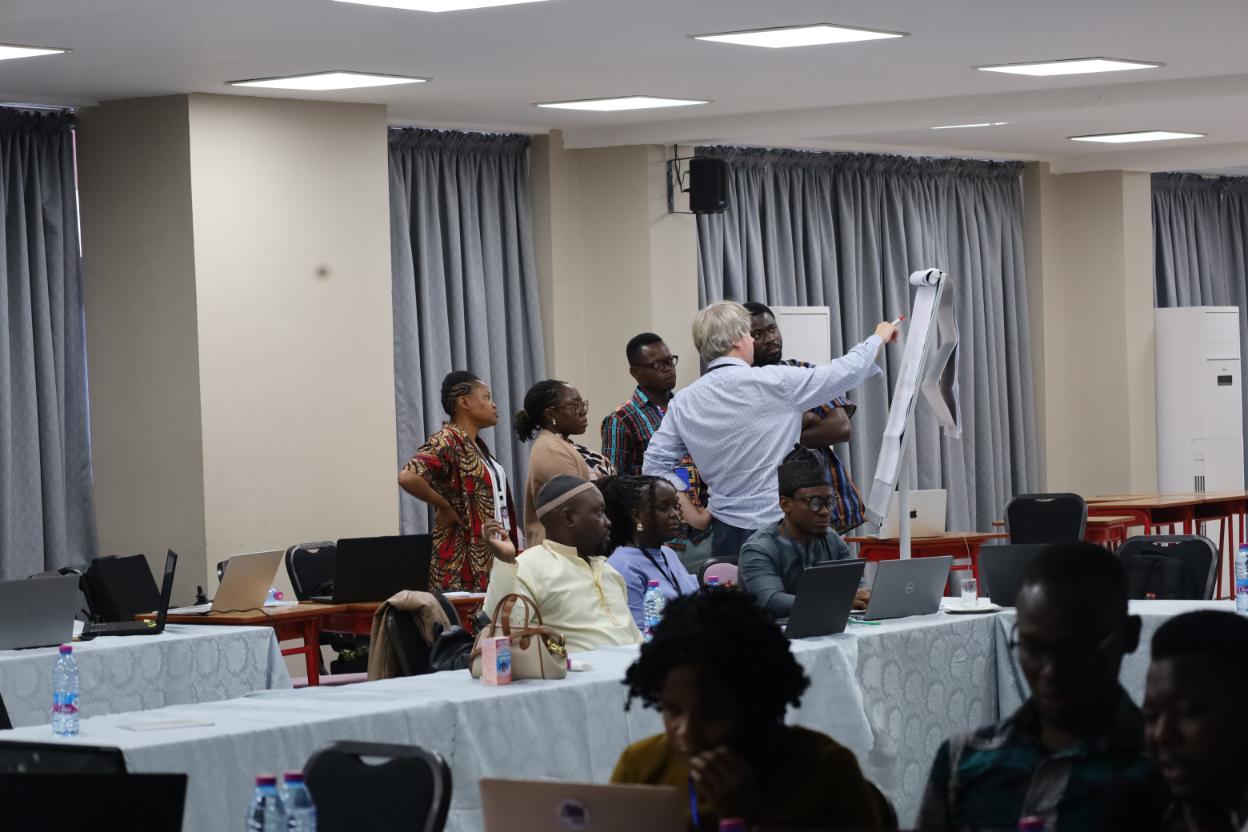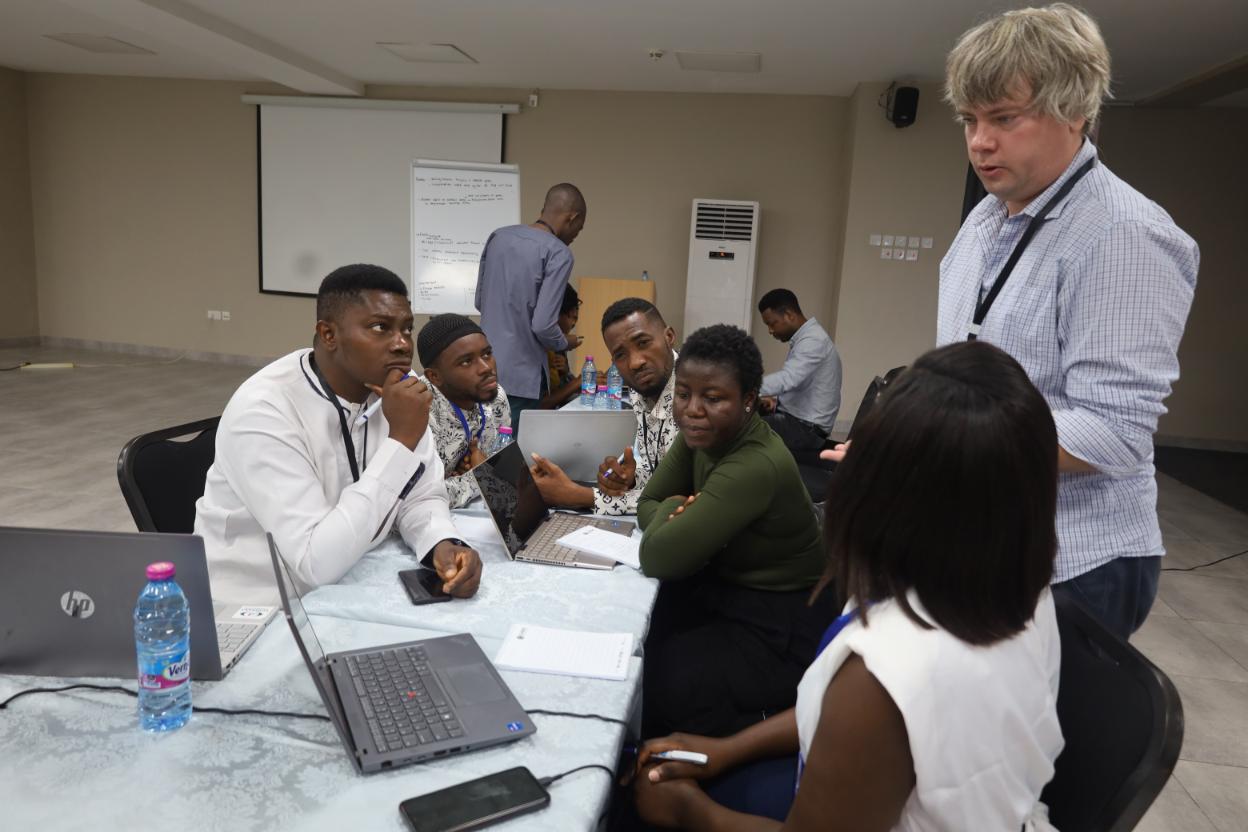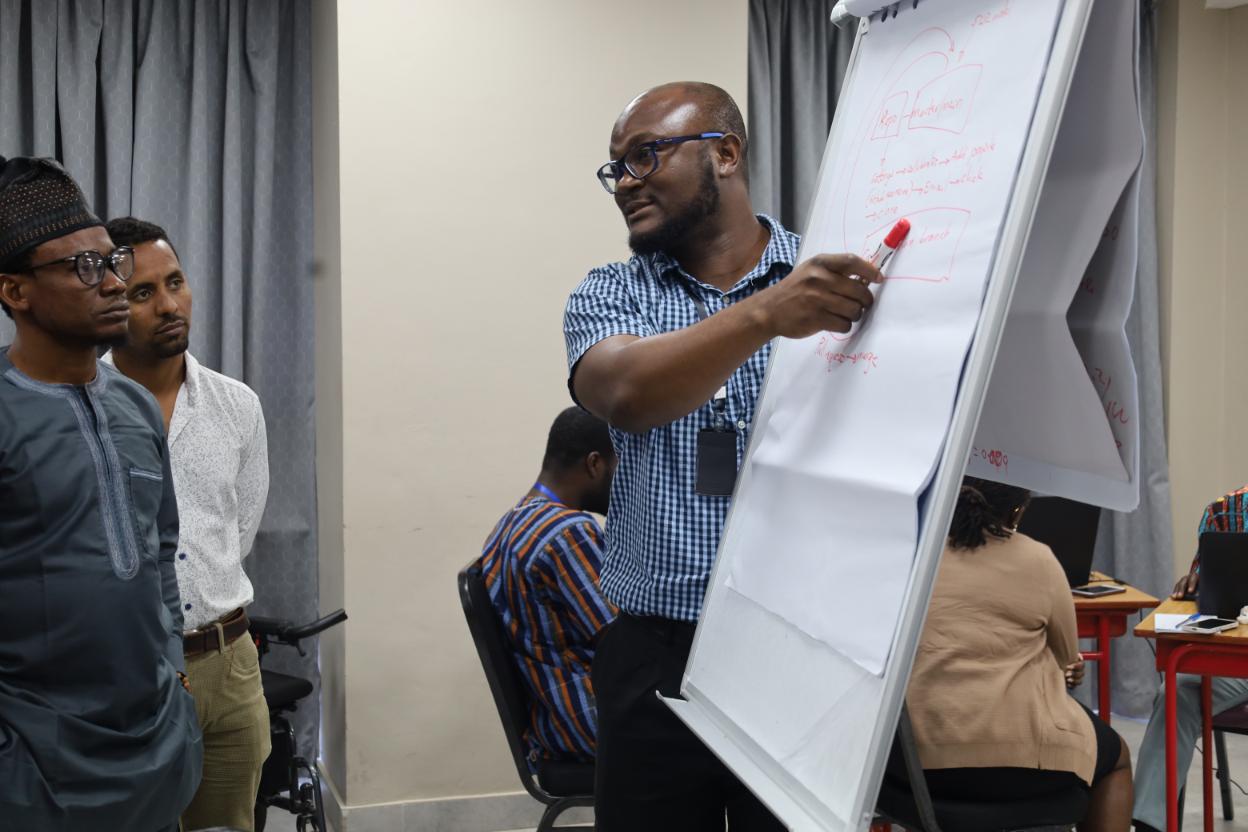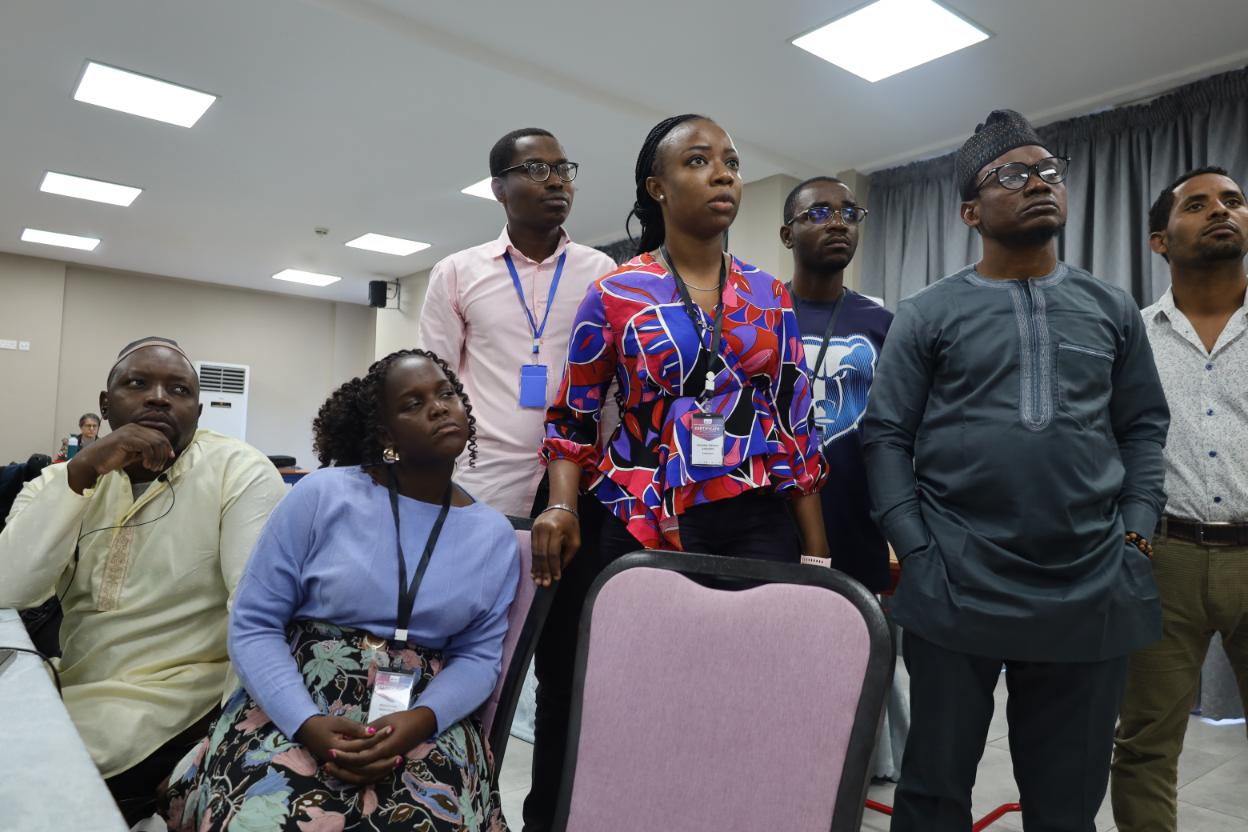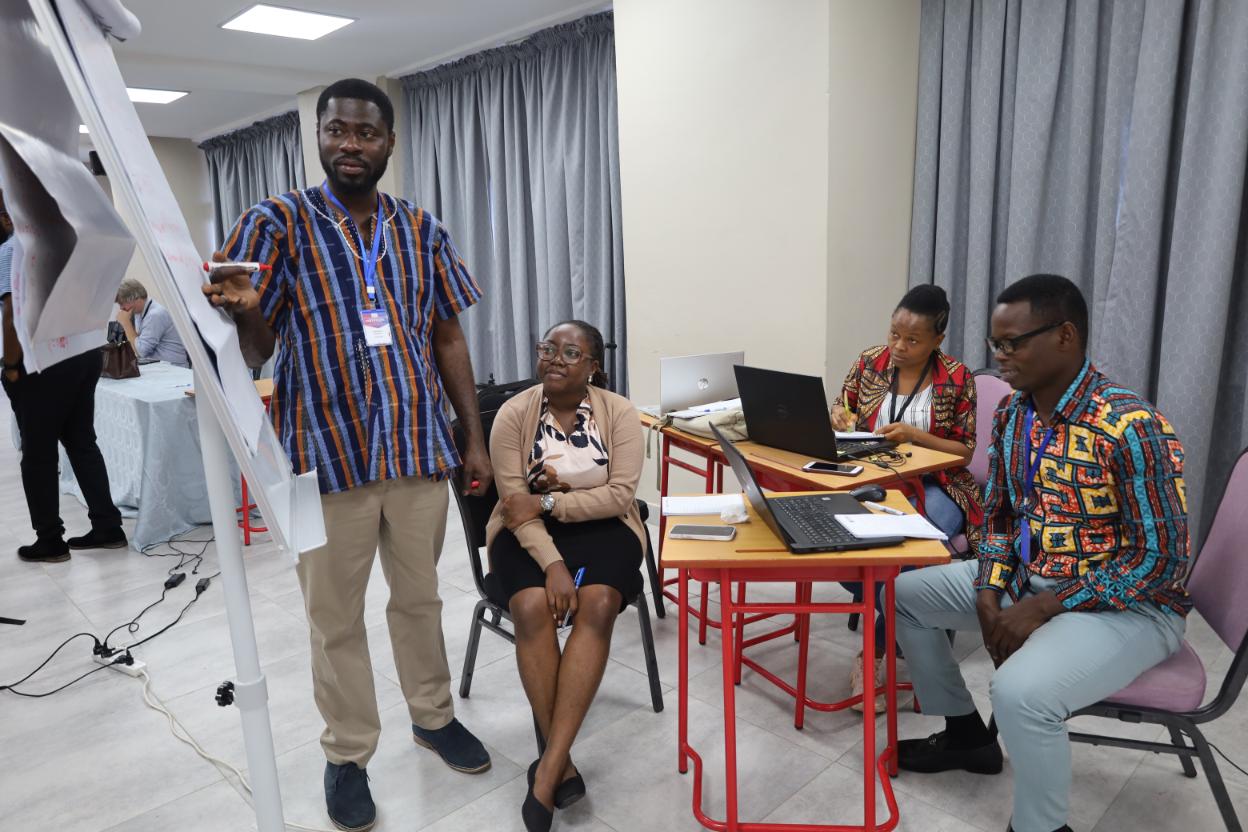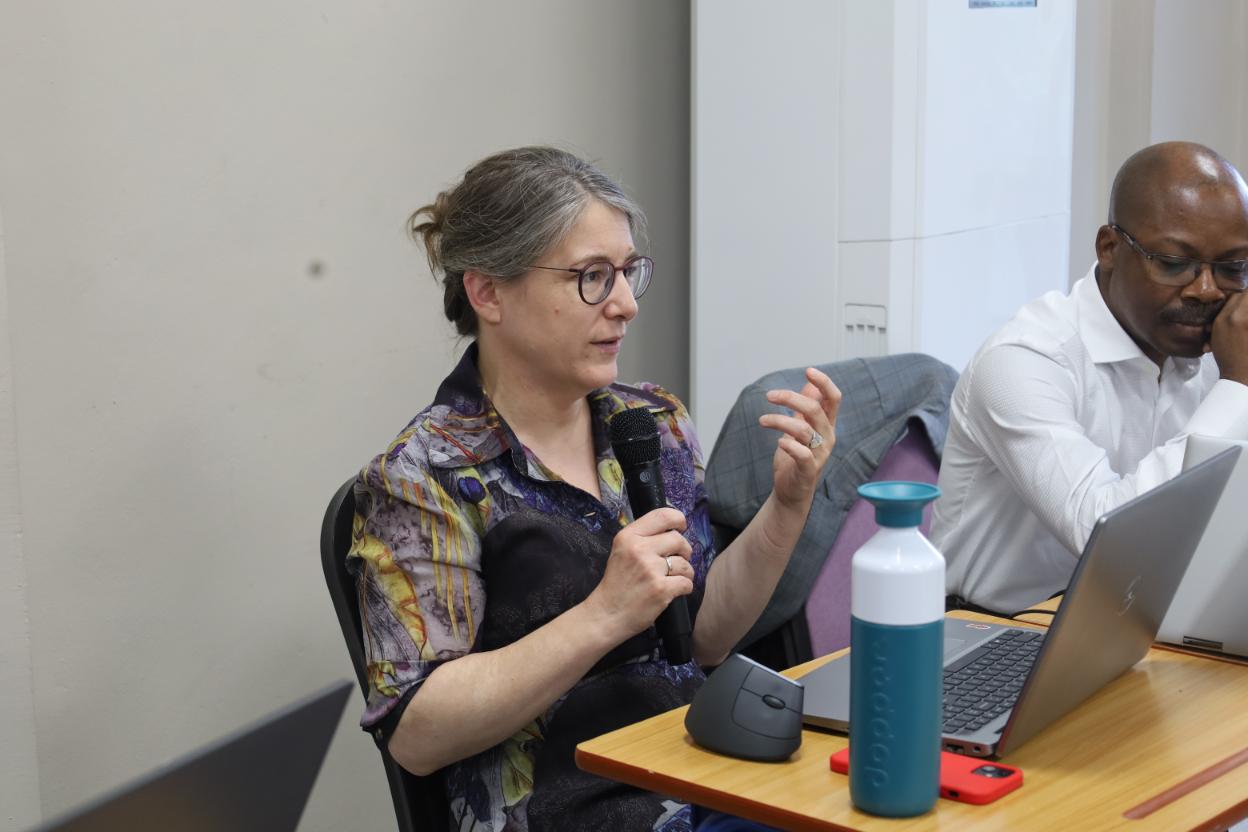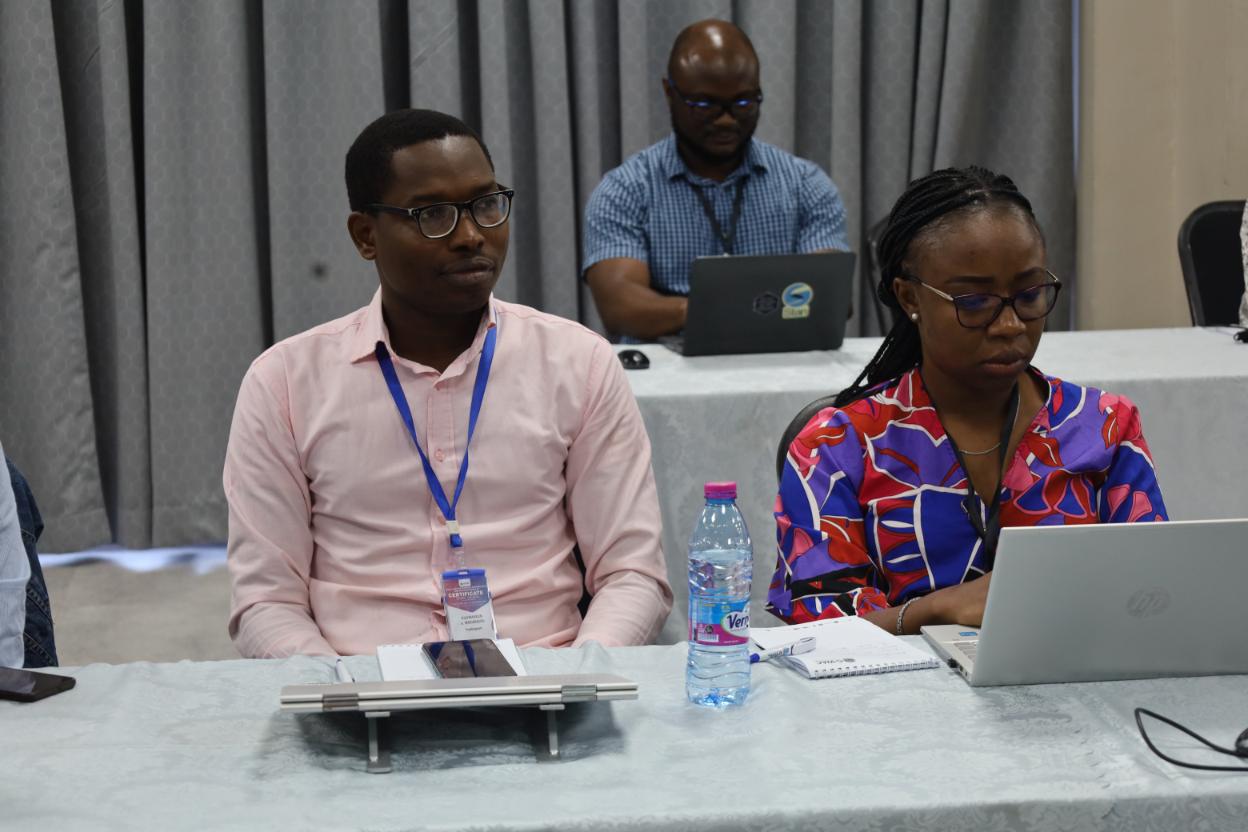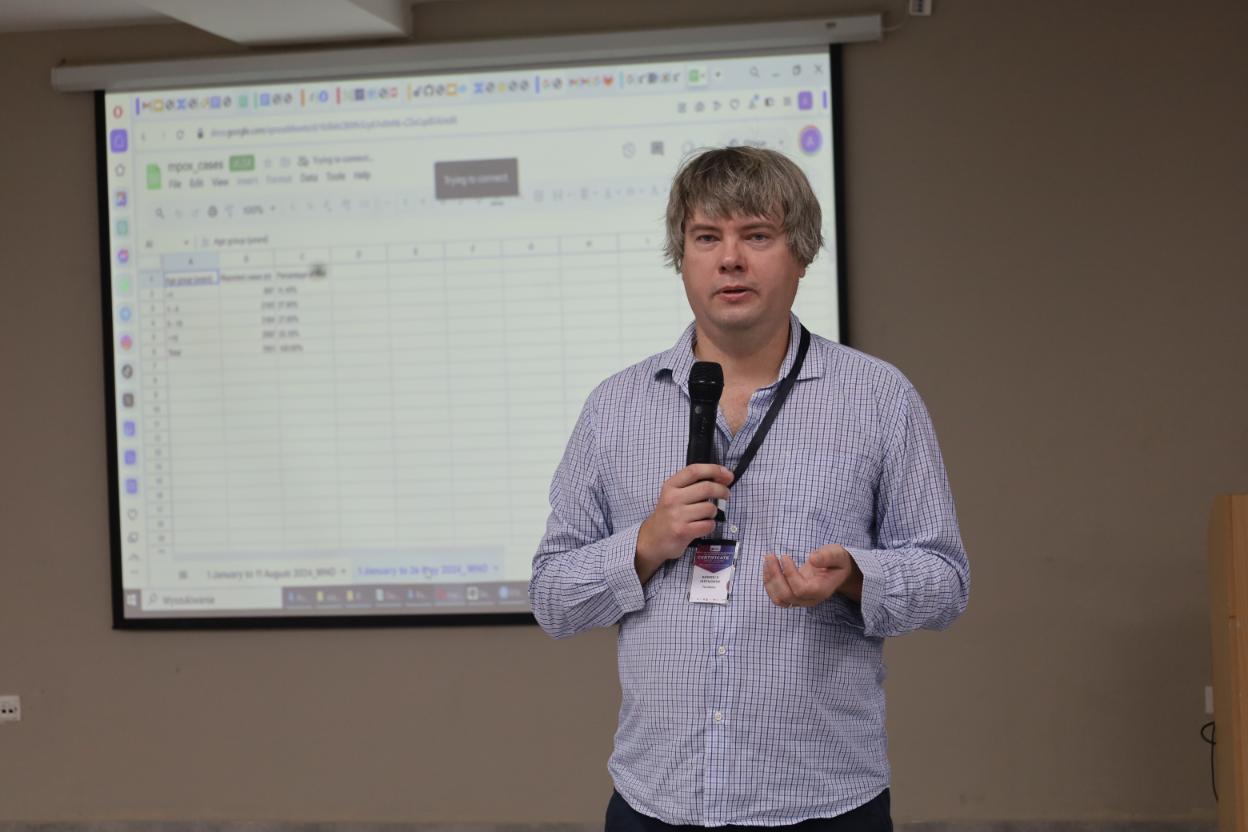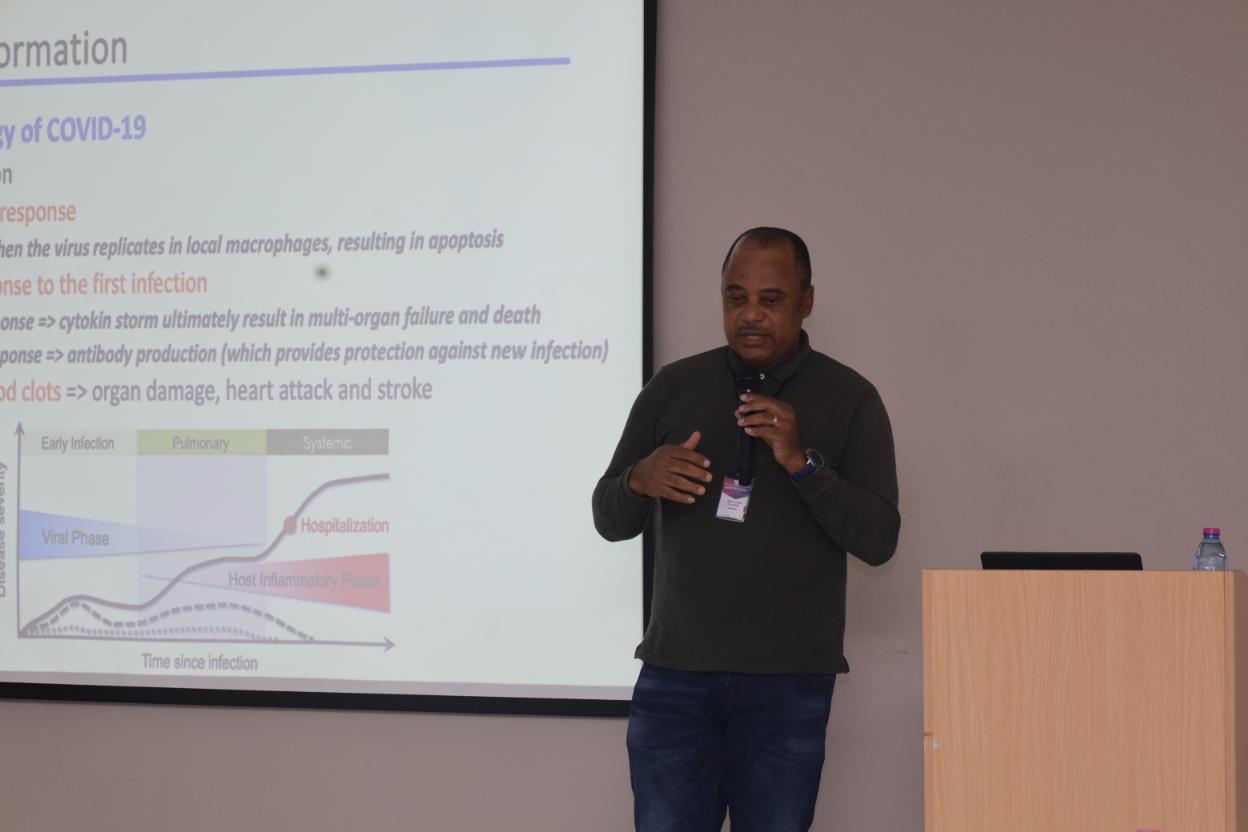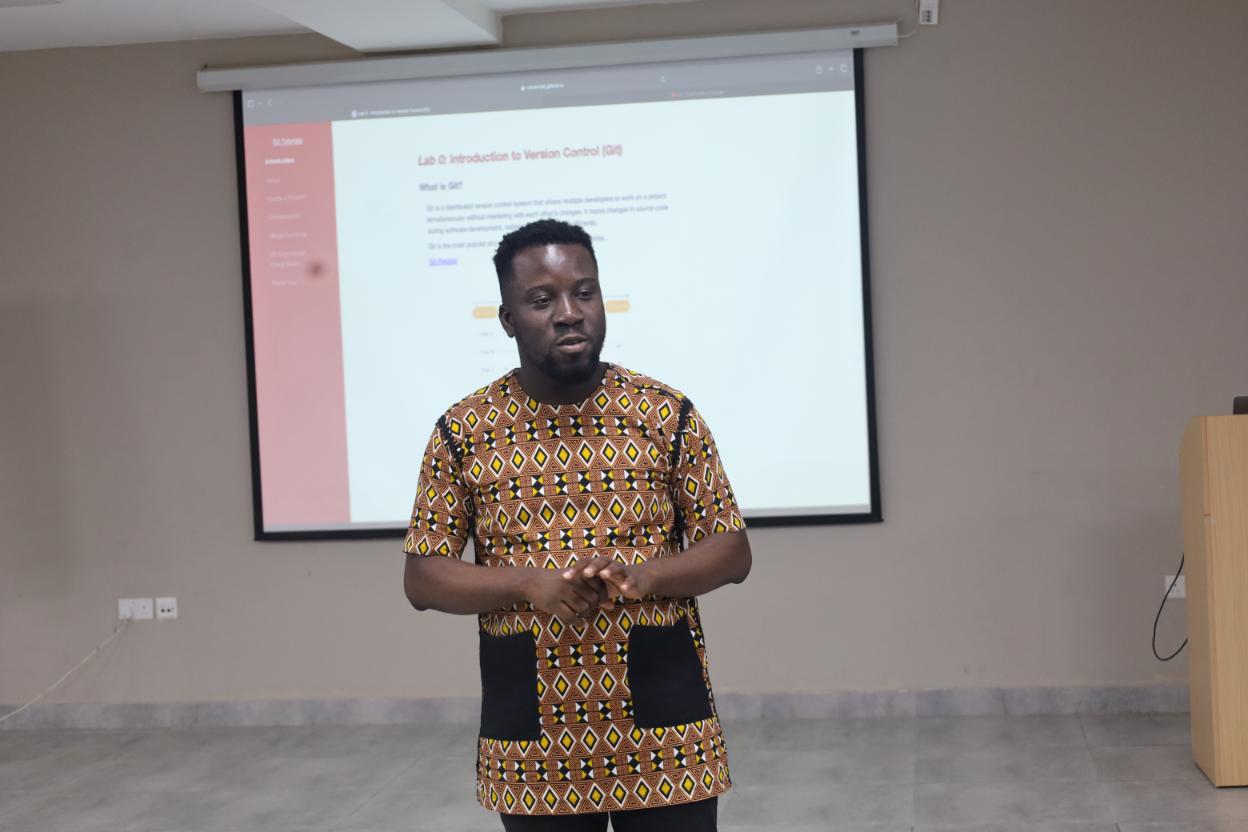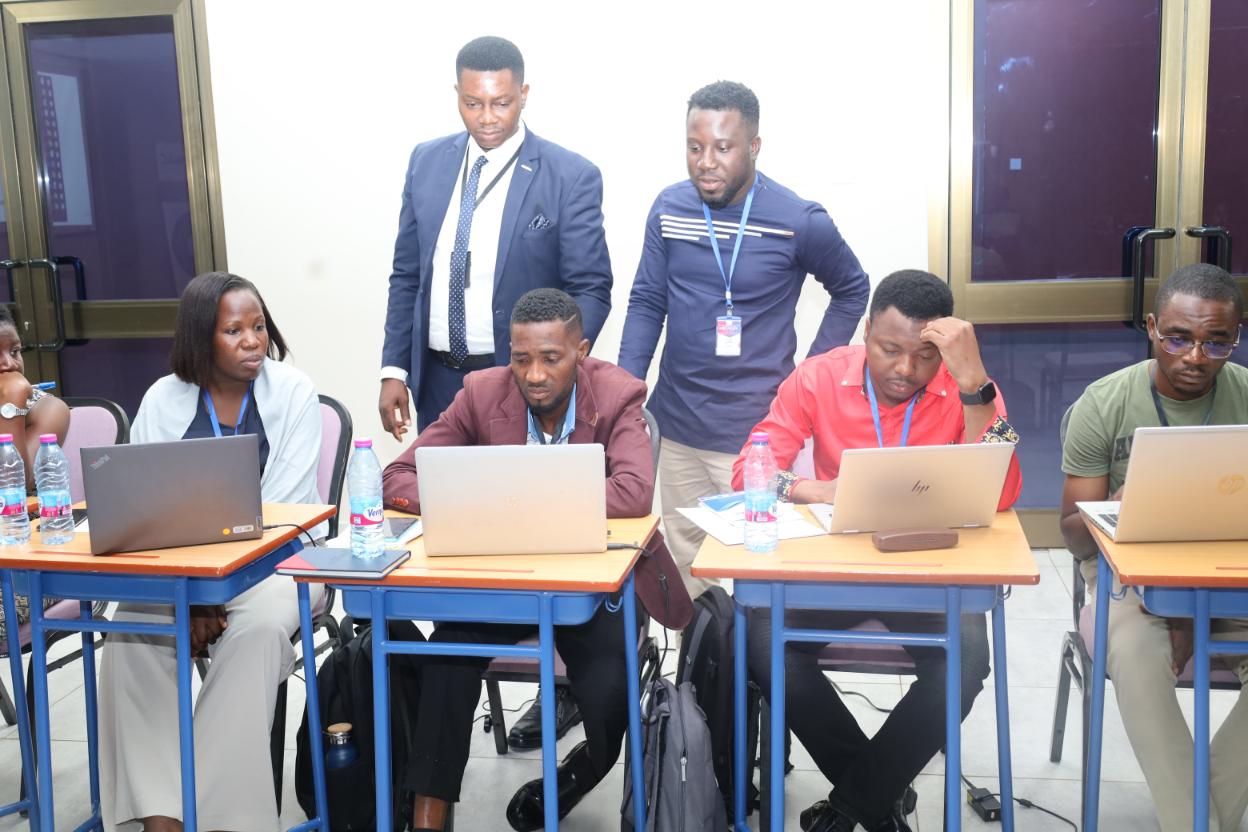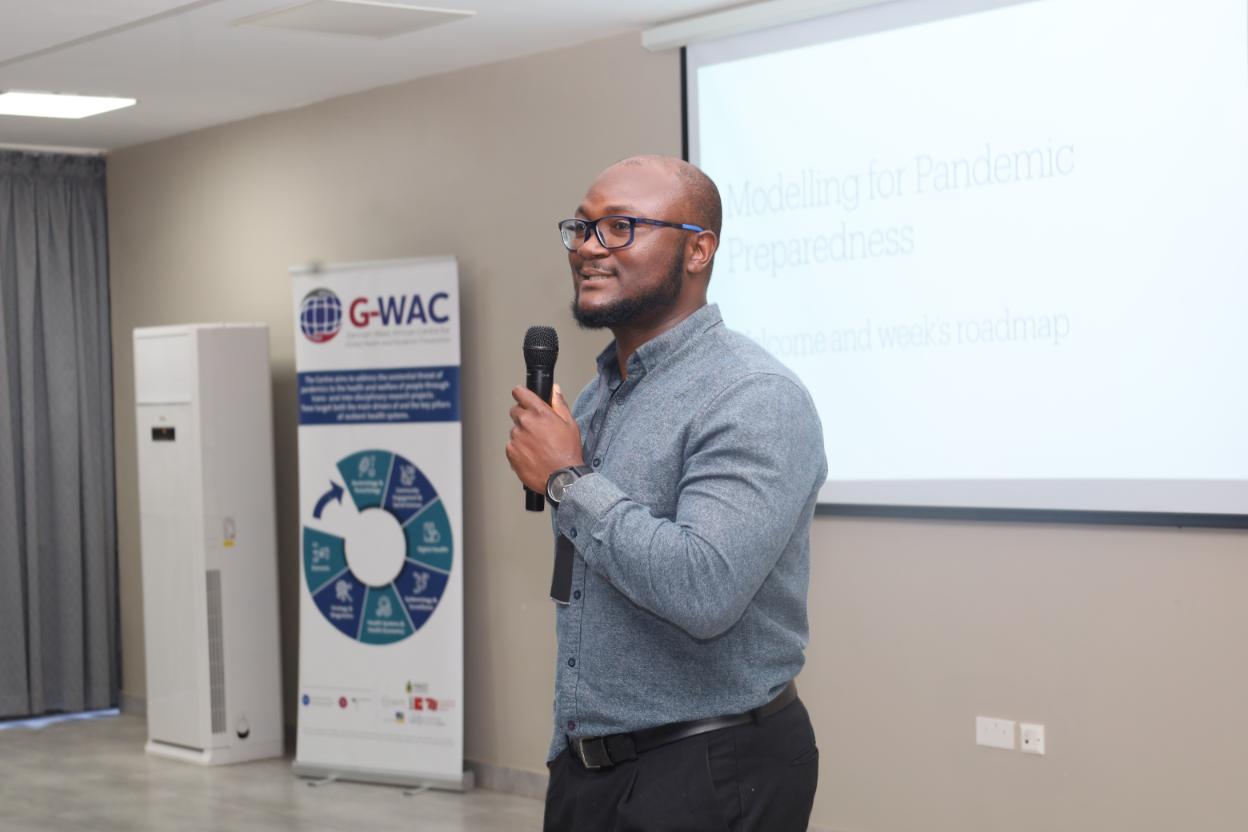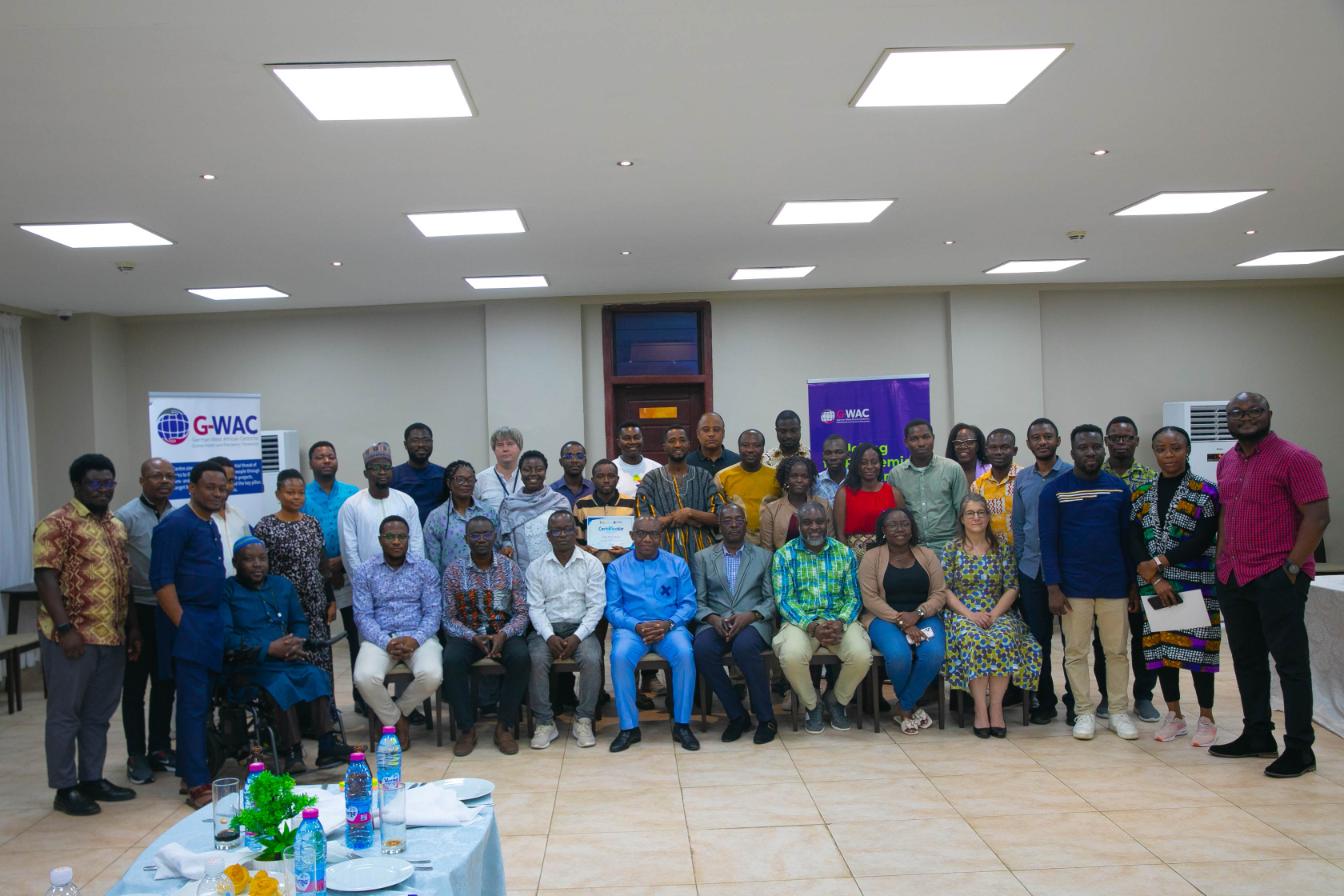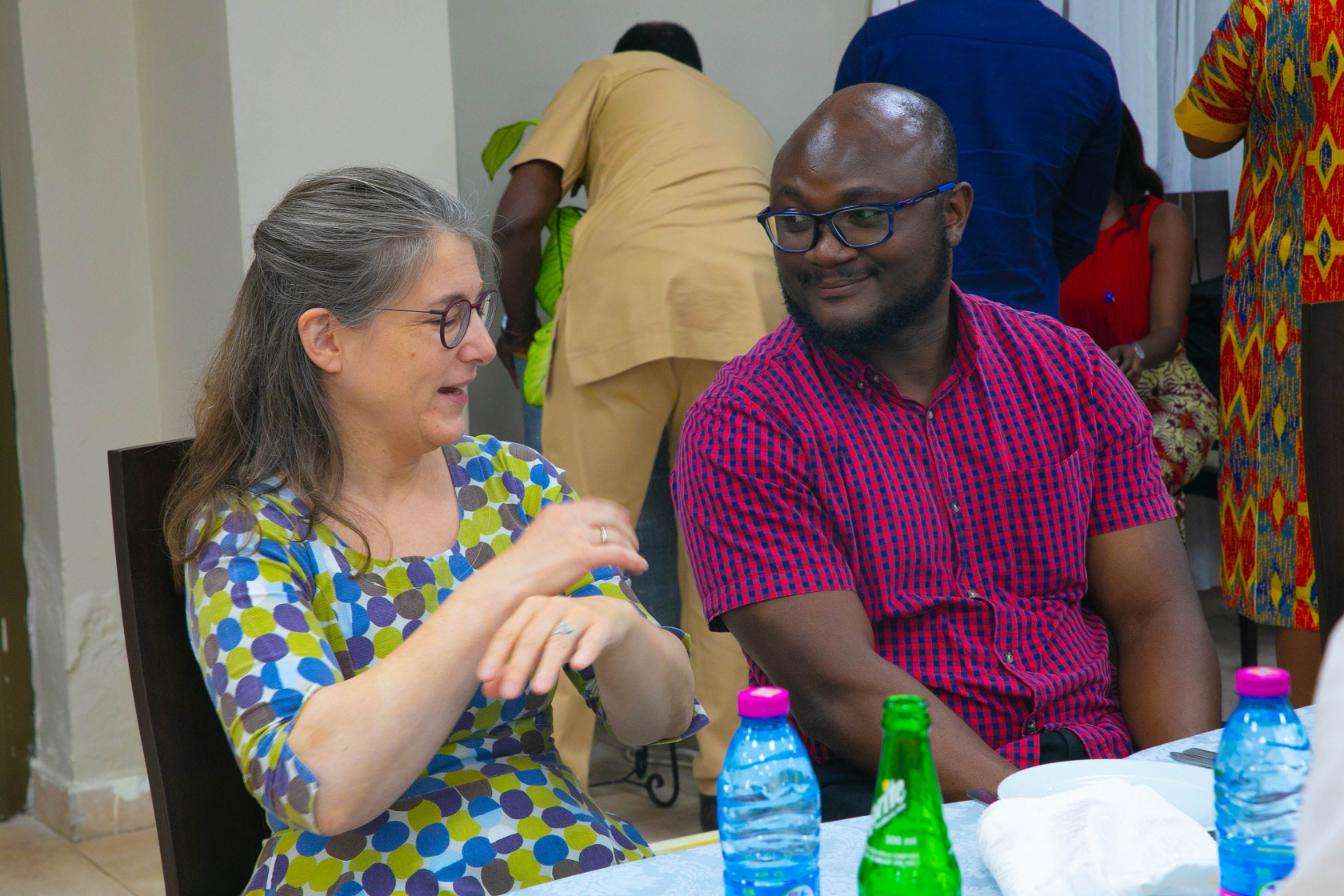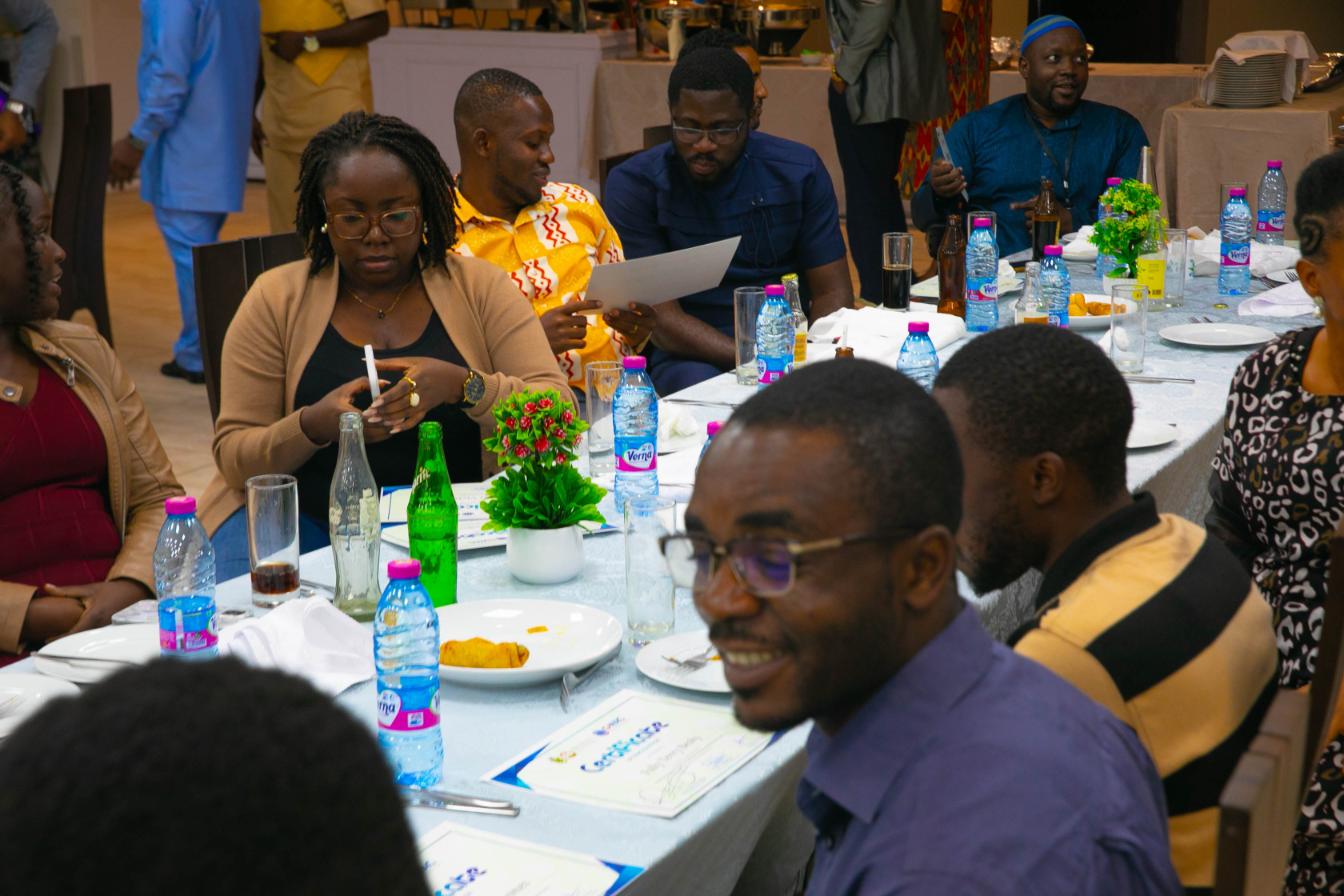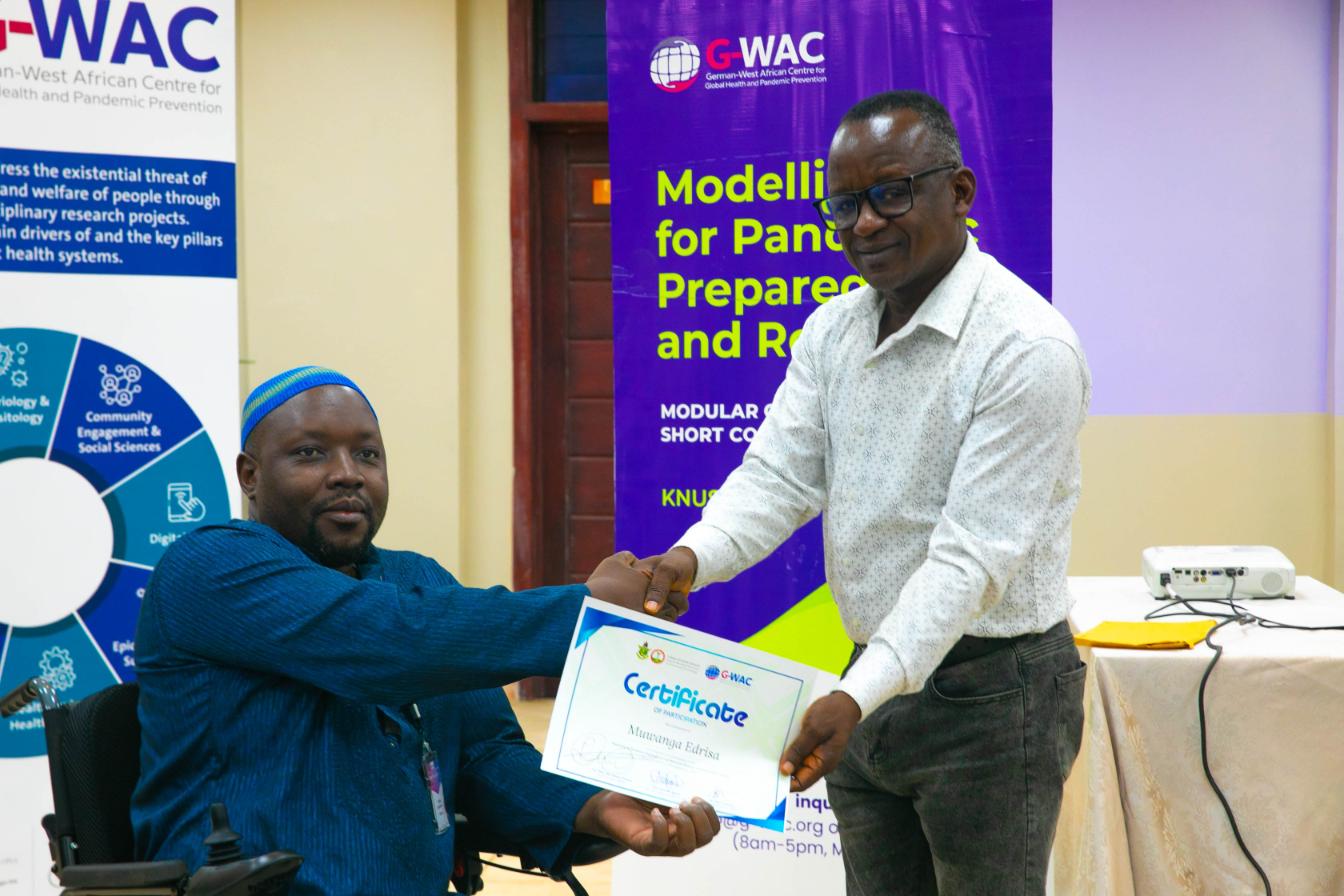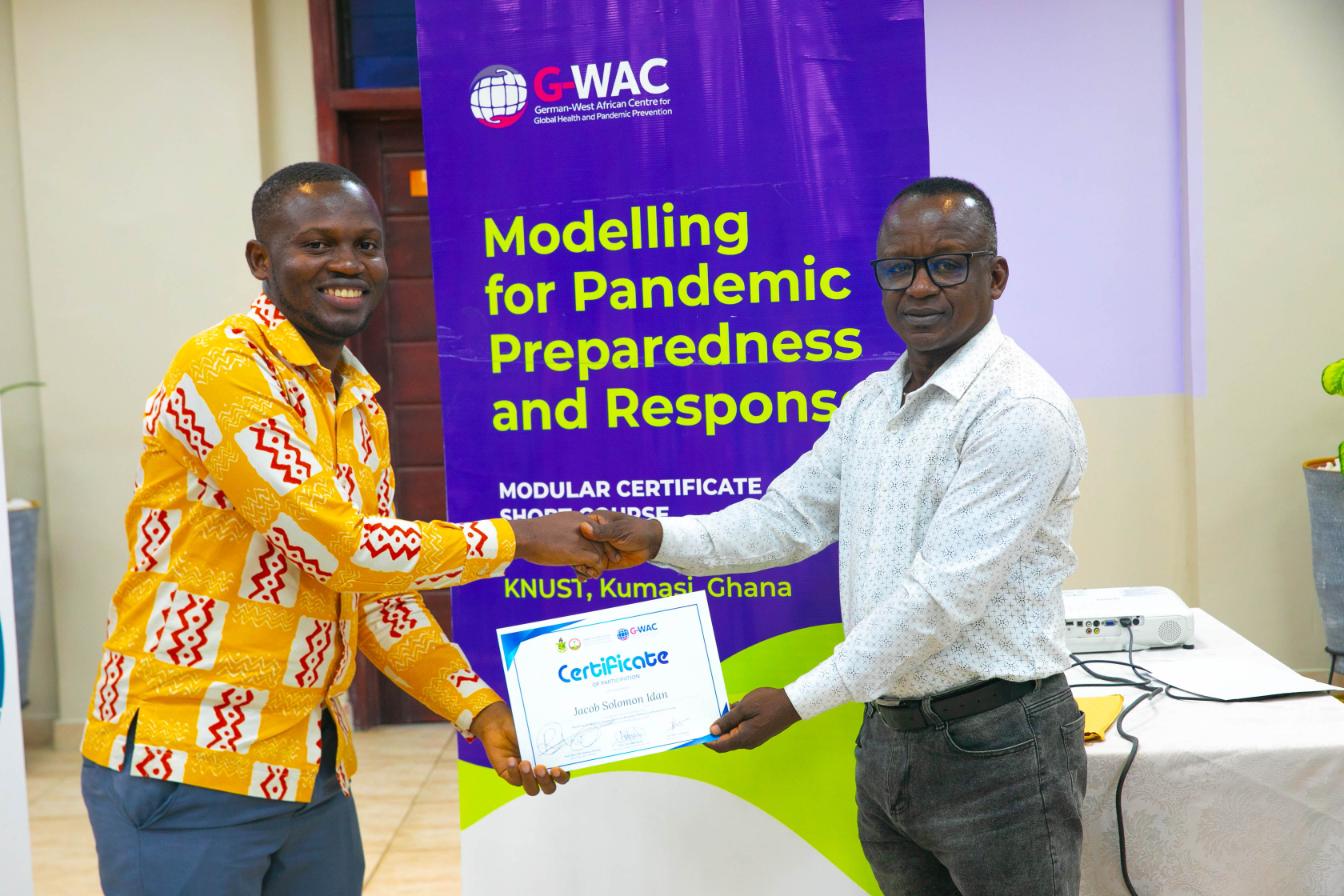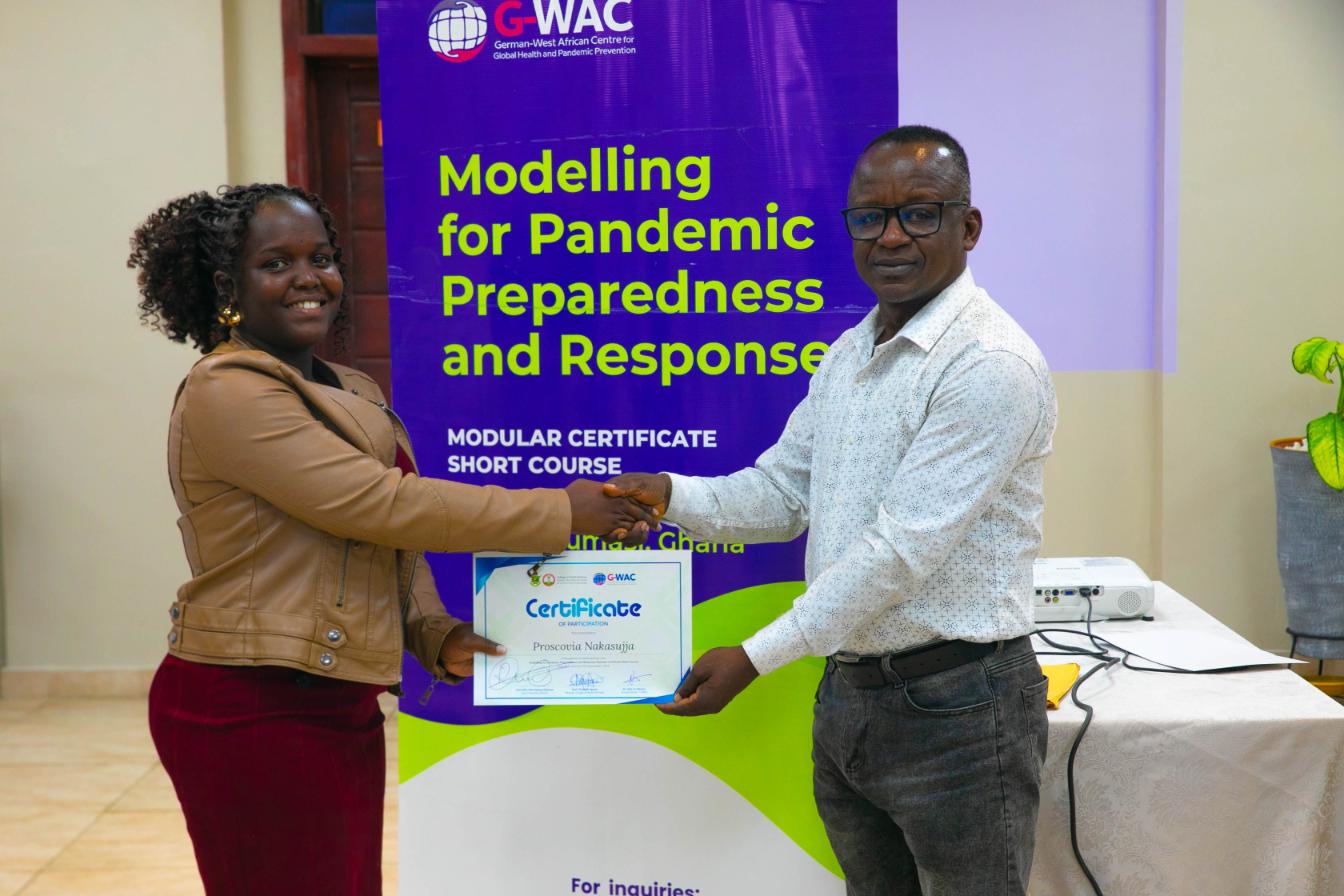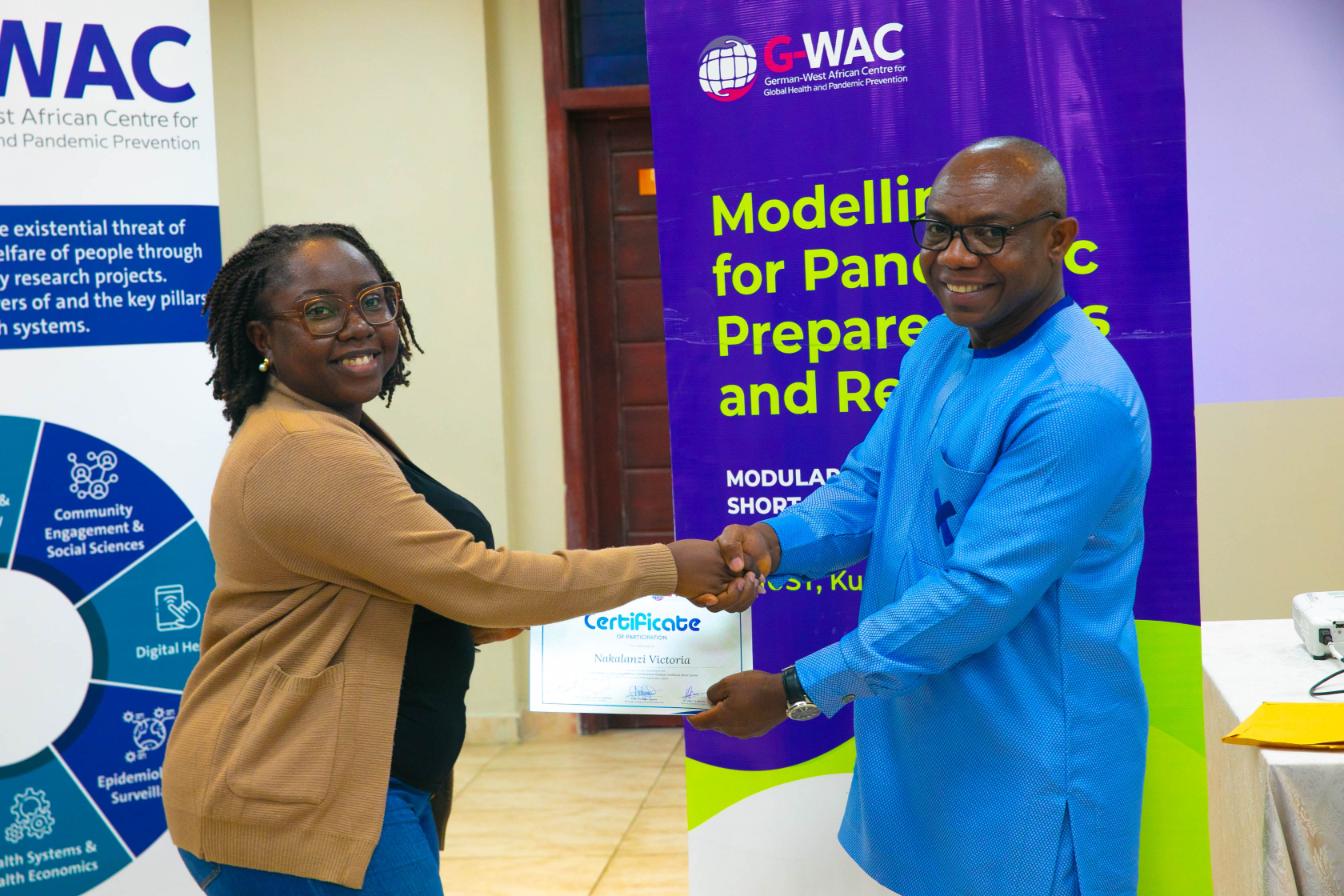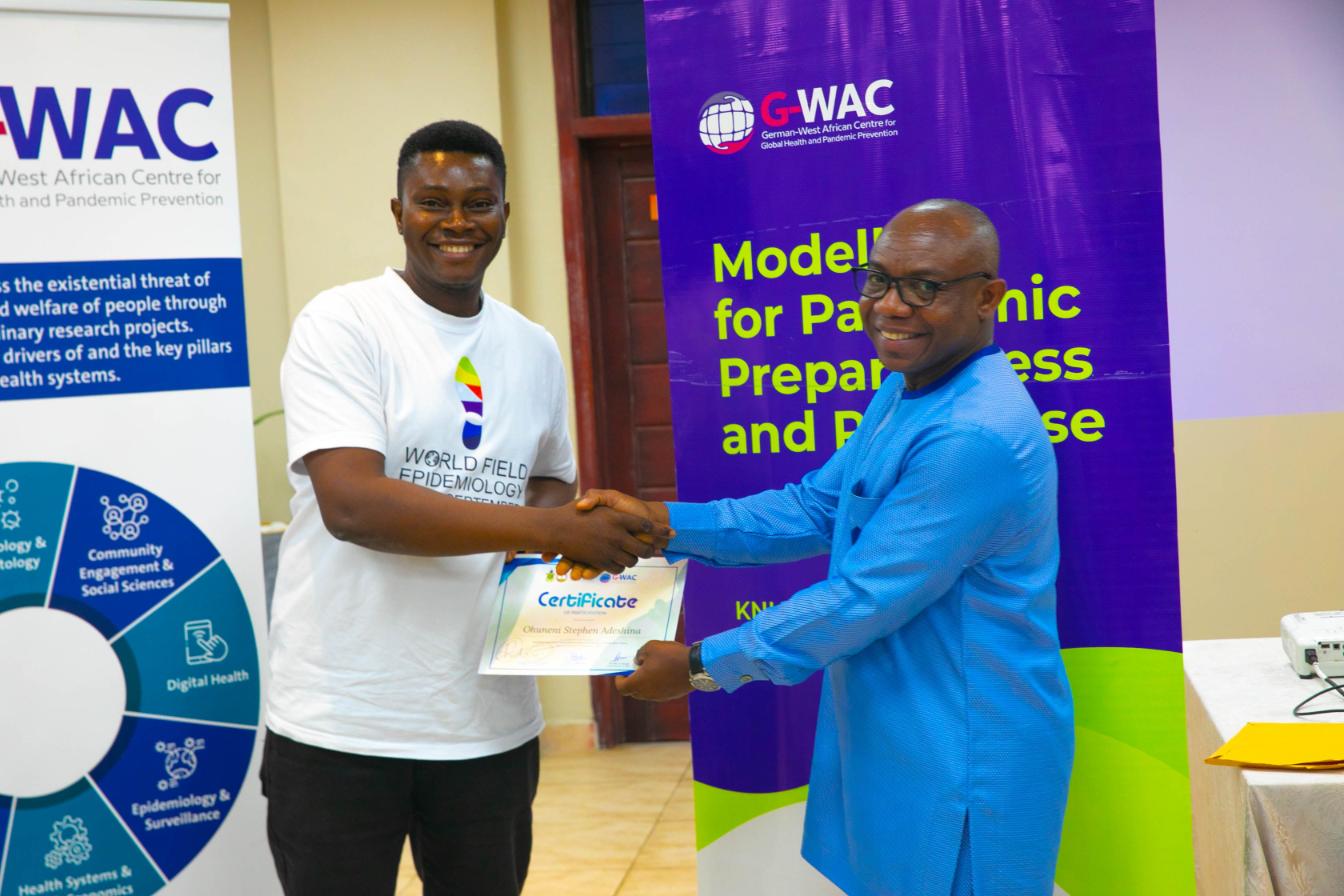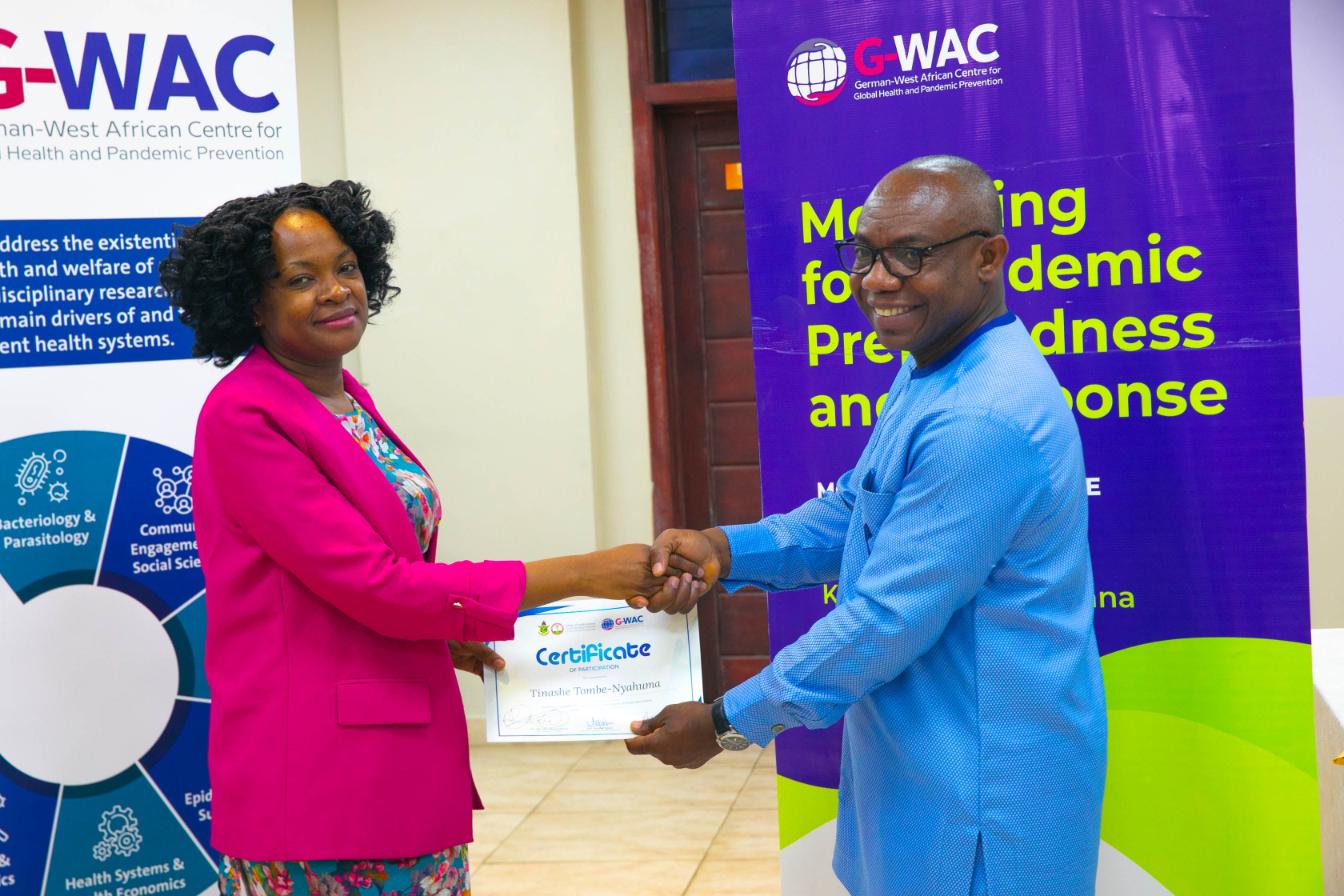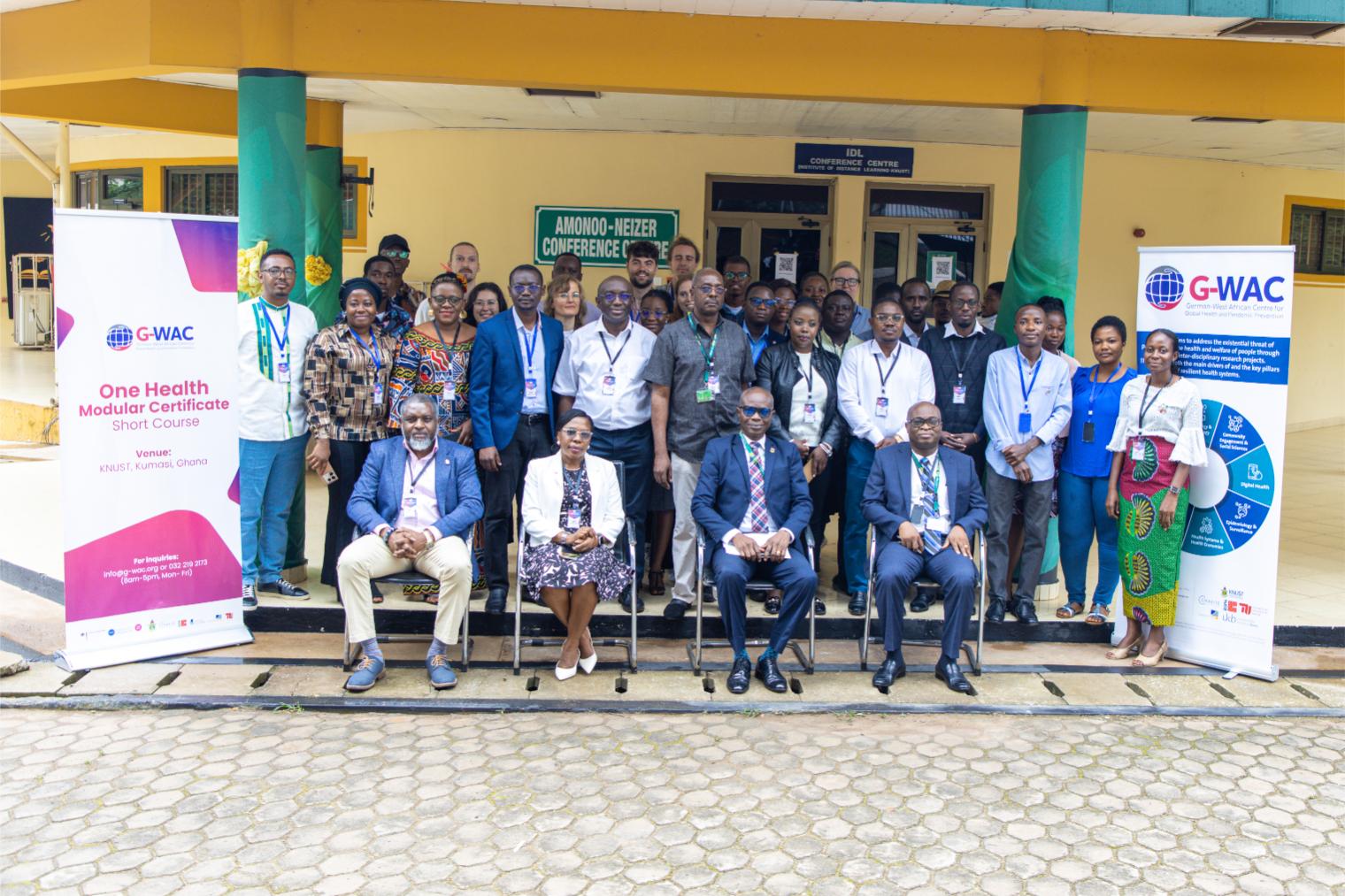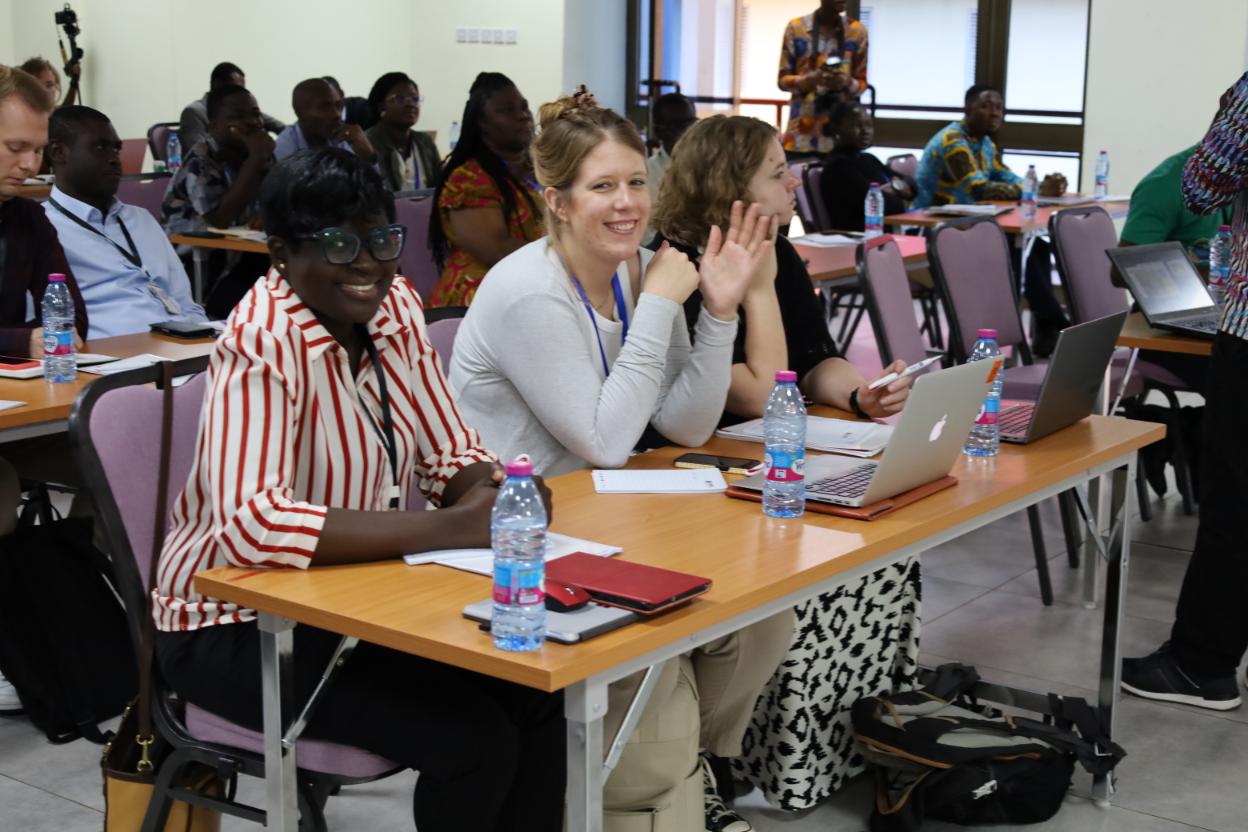The emergence of the COVID-19 pandemic highlighted an apparent lack of disease modelling capacity in many low- or middle-income countries (LMICs), including sub-Saharan Africa (SSA). In SSA, limitations of data and generalised nature of globally produced models for pandemics weaken their utility and raise concerns over their accuracy. The availability of high-quality modelling evidence to inform decisions and the capacity of policymakers to use. This evidence is therefore critically important. Additionally, modelling expertise is not only of value in epidemic/pandemic contexts but can play an important role in the management of endemic diseases.
G-WAC hosted its maiden on-site Modelling for Pandemic Preparedness and Response Modular Certificate Short course on Monday, September 23rd, to Friday, September 27th, 2024, at KNUST, Kumasi, Ghana. The course introduced participants to the concept of modelling and their applicability in Ghana and other similar settings in Africa. The Management of G-WAC appreciates James Azam, PhD, Gesine Meyer-Rath, Romain Glèlè Kakaï, Jean Claude Dejon Agobé, Andrzej Jarynowski, Daniel Boateng, Daniel Opoku and Vincent Donkoh who facilitated the Short Course.

